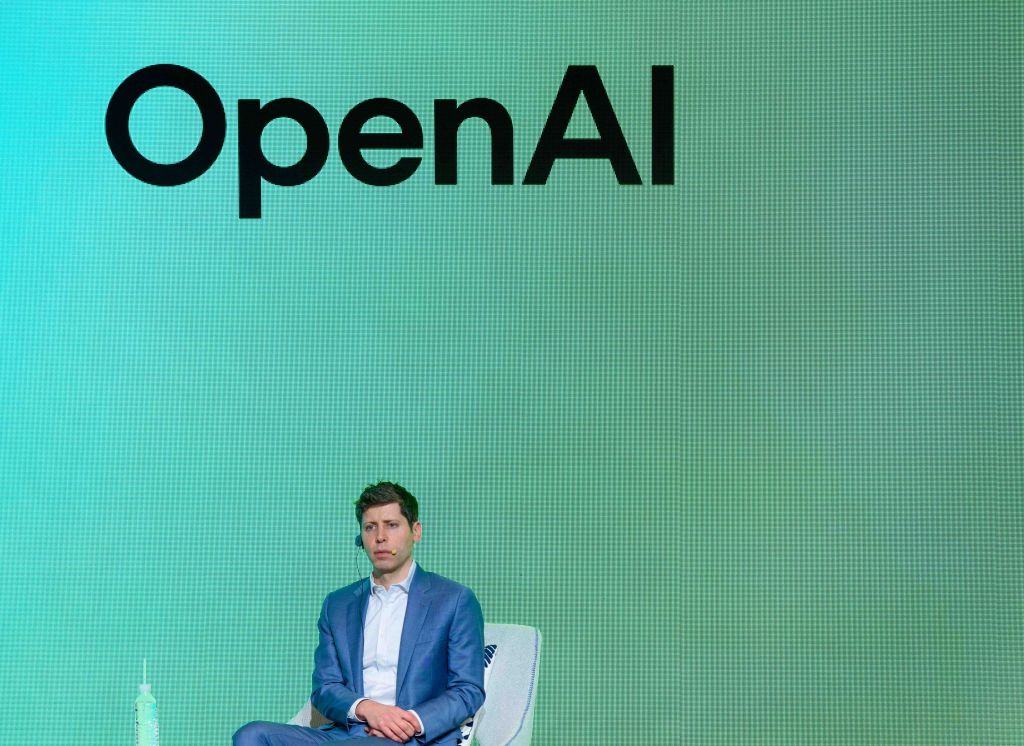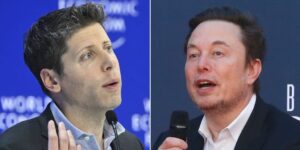OpenAI Initiates Counteraction, Seeks to Prevent Musk from Continuing ‘Illegal and Unjust Practices’

Ongoing Legal Battle Between OpenAI and Elon Musk
Introduction to the Dispute
The ongoing lawsuit between OpenAI and its co-founder Elon Musk is gaining significant attention. This legal struggle highlights the complexities of AI development and the differing visions for the future of artificial intelligence.
OpenAI’s Legal Filing
Recently, OpenAI’s legal team filed a counter-suit against Musk. They argue that his recent actions are damaging the organization’s mission and cause unnecessary stress. OpenAI believes Musk’s relentless actions are detrimental, threatening its ability to collaborate effectively and serve public interests. The filing emphasizes the need to halt his attempts, particularly a fake takeover bid aimed at disrupting OpenAI’s plans.
Musk’s Allegations Against OpenAI
Musk has accused OpenAI of veering away from its original nonprofit mission, which was to ensure that AI benefits all of humanity. Established as a nonprofit in 2015, OpenAI made a significant transition to a “capped-profit” model in 2019, which increased its financial reach. The organization is now considering a shift to a public benefit corporation. Musk has sought a preliminary injunction to prevent this transformation, but a federal judge recently denied this request, allowing the case to proceed to a jury trial scheduled for spring 2026.
High Stakes for OpenAI
The stakes are particularly high for OpenAI, which needs to finalize its for-profit conversion by 2025. Failure to do so could force the organization to give up some of the funding it has recently raised. The recent developments indicate a serious split between Musk and OpenAI, where Musk, once a supportive figure, is now seen as a significant opposition force.
Community Concerns
A coalition of organizations, including nonprofits and labor groups like the California Teamsters, has raised concerns over OpenAI’s shift to a for-profit model. They filed a petition to the California Attorney General, Rob Bonta, arguing that the company has failed in its duty to protect its charitable assets and is compromising its mission to promote safe artificial intelligence. Similar sentiments were echoed by Encode, a nonprofit that previously worked on AI safety legislation in California.
OpenAI’s Defense and Future Plans
In response to Musk’s allegations and the community pushback, OpenAI has asserted that its transition to a for-profit model will not eliminate its nonprofit efforts. The organization contends that this change will enhance its capacity to engage in charitable initiatives, particularly focusing on sectors like healthcare, education, and science. According to OpenAI, the restructuring is designed to strengthen its nonprofit arm, making it potentially one of the best-equipped organizations of its kind globally.
OpenAI made clear statements on social media, reiterating their commitment to the original mission of benefiting humanity. They claimed that Musk’s motivations diverge from this mission and that he is driven by personal interests rather than the collective good of AI development.
Final Thoughts
The unfolding legal battle between Elon Musk and OpenAI serves as a critical example of the challenges surrounding the ethics and governance of artificial intelligence. It raises questions about the responsibilities of tech organizations as they navigate between profit and public service. As this case progresses, it will be essential to monitor how it impacts the future landscape of AI and the public perception of organizations involved in this transformative technology.






